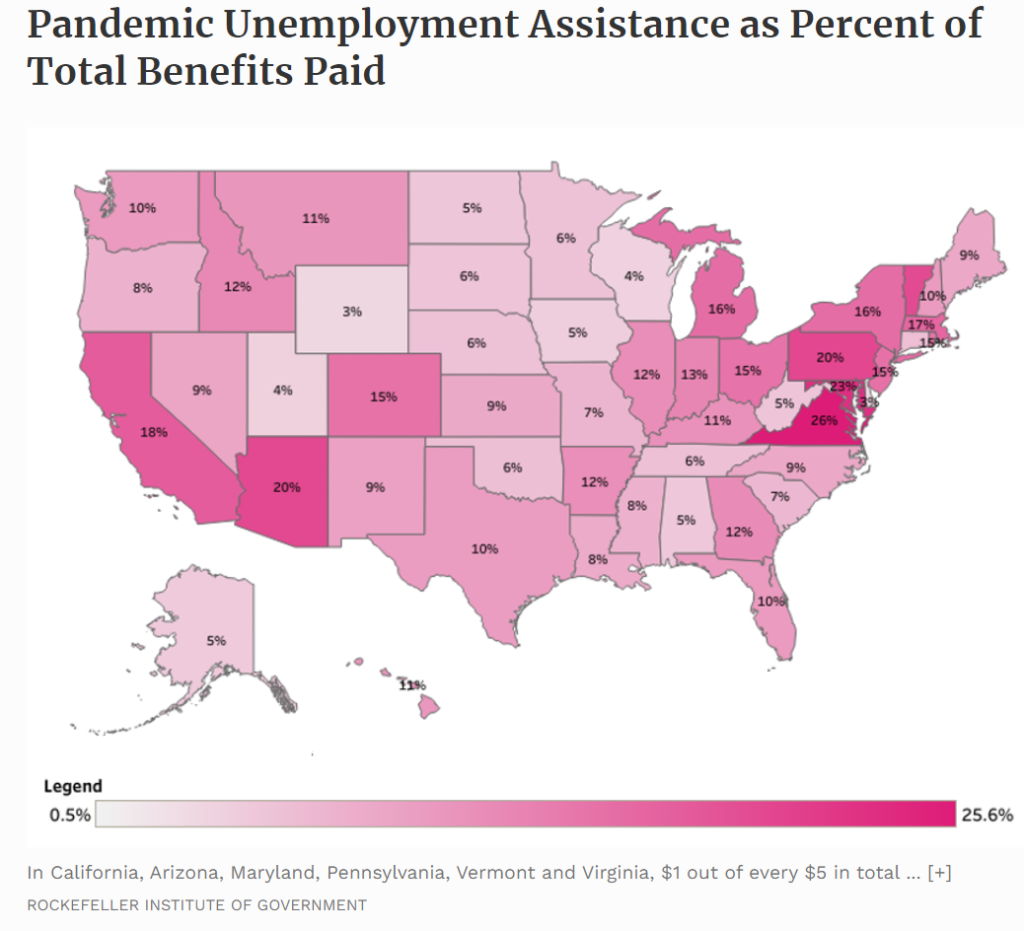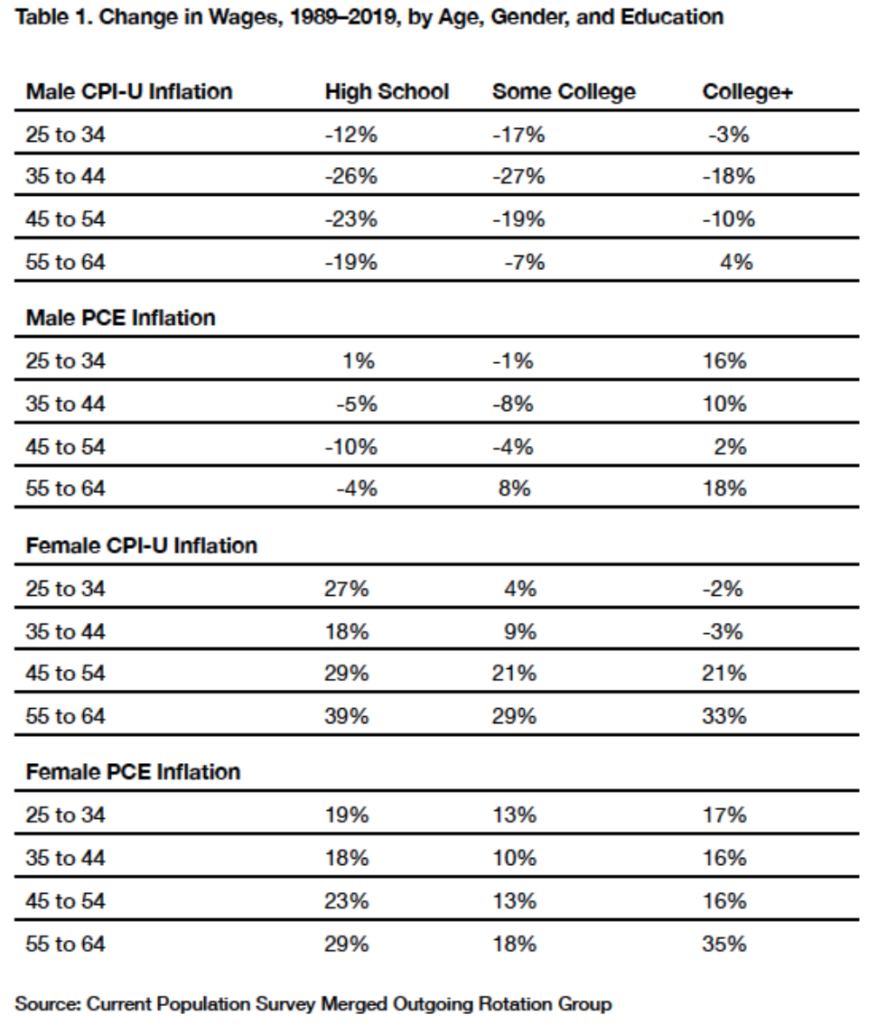Excerpt:
State and local government pensions assure workers and retirees that they enjoy the same protections as the comprehensive federal law, ERISA provides to corporate participants. That’s simply not true. Don’t count on state law to protect your retirement security.
It has been said that the Law is a blunt instrument, incapable of dealing with all shades and circumstances, with little or no regard for individual situations.
…..
Even where the most comprehensive legal and regulatory framework exists and answers are crystal-clear, your pension is at risk because enforcement or policing of the law is lacking. I have taught U.S. Department of Labor pension investigators. As trained and committed as they are, they’re hopelessly out-gunned by the investment industry. Wall Street runs circles around regulators charged with enforcing pension laws.
However, the vast majority of pensions are not subject to any comprehensive law.
For example, as hard as it is to believe, explain or justify, the approximately $4 trillion in America’s government pensions is not protected by any comprehensive federal or state law.
Author(s): Edward Siedle
Publication Date: 8 September 2021
Publication Site: Forbes



